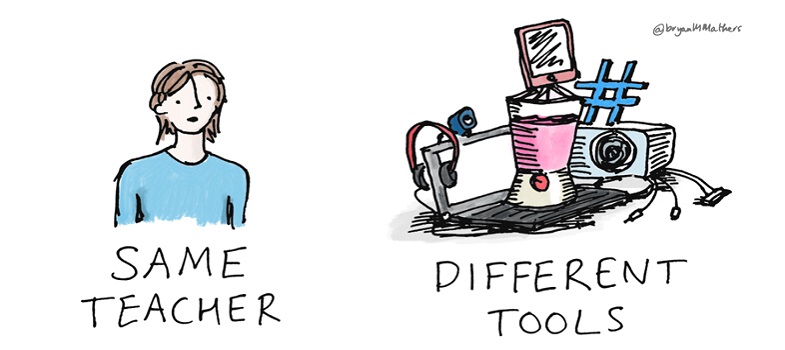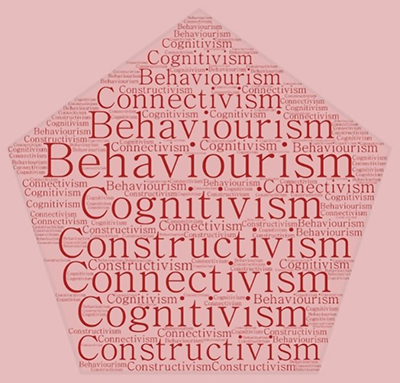2.3 Constructivism
Constructivism is concerned with how knowledge is constructed. The main proponents of constructivism were Piaget (1957) and Vygotsky (1986). Piaget was interested in how knowledge is constructed by the individual, and in particular, how children move through several quite different stages of development in terms of constructing knowledge. Vygotsky, however, was more concerned with how the social construction of knowledge has an important role to play in this process. With respect to online teaching, one of the important notions to take from Vygotsky’s work is the ‘zone of proximal development’. In short, this suggests that learners progress optimally if continually presented with tasks that are just beyond (i.e. proximal to) their current zone of ability or development. If learning tasks are repeatedly too simple, boredom quickly ensues and the learner can be lost from the course. If the tasks are too advanced, enthusiasm can be lost, frustration builds and again, the learner may lose interest. Vygotsky suggested that the tasks in that zone of proximal development are ones that most learners can achieve with just a little help – and of course, that is where the role of the online teacher becomes vital. Some of the ways in which a teacher can offer support and challenge are different from those used in a face-to-face teaching scenario, as this course will explain.
2.2 Cognitivism

